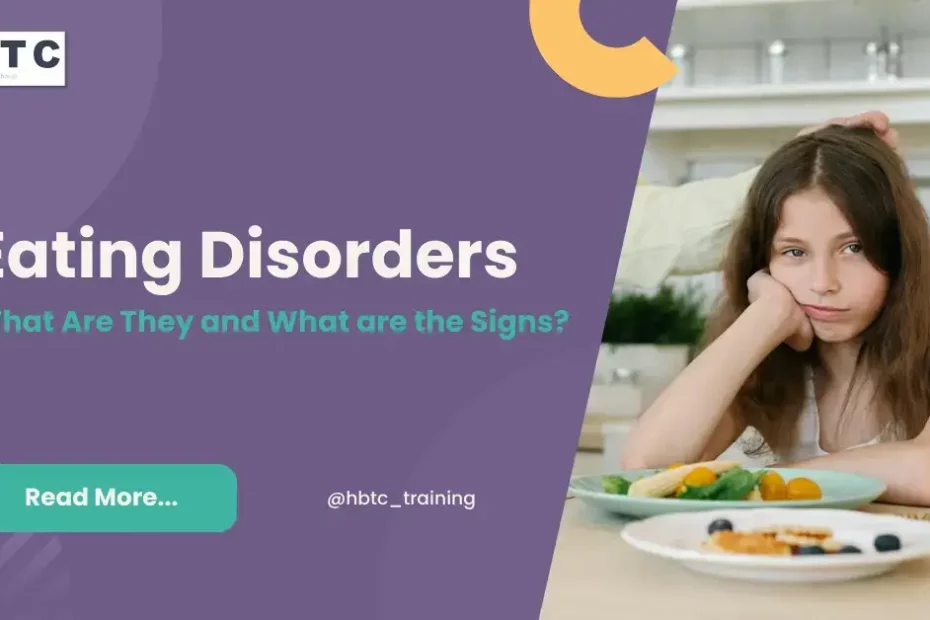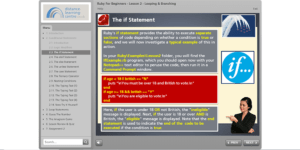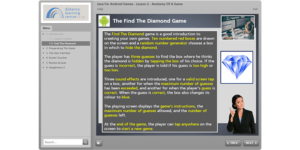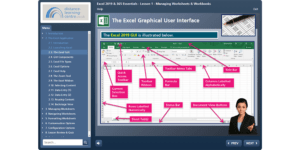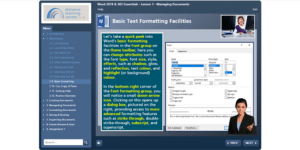Eating disorders: What Are They and What are the Signs?
Eating disorders are incredibly prevalent in Britain. According to Beat Eating Disorders approximately 1.25 million people have an eating disorder in the UK. Even more alarmingly, anorexia has the highest mortality rate of any psychiatric disorder.
It is a mental health problem that is often not talked about and is almost normalised in society. If you find yourself engaging in obsessive calorie counting, experiencing dramatic changes in weight, excessive exercising, or constantly worrying about your weight and body shape, it may be a sign of an eating disorder.
Signs of Eating disorders
- Eating very little food
- Making yourself sick after a meal
- Over exercising in an attempt to burn off more calories
- Very restrictive habits and routines around food
- Mood swings, anxiety or depression
- Avoiding socialisation if food is involved
- Spending time worrying about body image
- Tingles or numbness in arms and legs
- Feeling faint often
- Feeling cold or tired
Spotting a friend or a loved one who is suffering from an eating disorder can be difficult. There are some warning signs that you can spot though:
- Eating food fast
- Avoiding eating with others
- Wearing loose or baggy clothes
- Going to the bathroom a lot after eating
- Exercising a lot
- Lying about how much they’ve eaten

There are many different types of eating disorders but here are the 4 most common eating disorders.
Anorexia
Anorexia (also known as anorexia nervosa) is a very serious mental health problem where people have a low weight due to limiting how much they eat and drink. Anorexia can affect any age or gender but is especially prominent in adolescents aged 13-17.
People afflicted with anorexia often experience profound feelings of low self-esteem and body image shame. They achieve an extremely low weight through various means, such as excessive exercise, strict dietary restrictions, or the use of laxatives.
Additionally, individuals with anorexia commonly possess distorted perceptions of their own bodies and harbor an intense fear of gaining weight.
ARFID
ARFID (stands for avoidant restrictive food intake disorder) it’s a condition that entails avoiding certain types of food. The sufferer may be very sensitive to the taste, texture, smell, or appearance of certain types of food.
The cause could be a distressing previous experience with food, such as choking or vomiting. It can make the sufferer develop fear or anxiety around the consumption of certain foods. It can result in them having a low interest in eating.
ARFID is used as an ‘umbrella’ term as individuals will have different reasons as to why they avoid certain foods.
Bulimia
Bulimia (also known as bulimia nervosa) is a serious mental health illness. People with bulimia get caught in a constant cycle of eating large amounts of food and then try to compensate for overeating by vomiting, taking laxatives, or excessively exercising.
Individuals with bulimia turn to this behavior as a means of managing and dealing with challenging emotions. They often feel a lack of control over their eating habits and subsequently experience guilt for the amount of food they have consumed, leading them to take action to compensate for it.
Binge Eating Disorder
Binge eating disorder (BED) is a mental health problem that results in excessive consumption of large quantities of food, without feeling they have any control in stopping. People who suffer from BED will continuously eat until they cannot physically eat anymore. Unlike bulimia, they will most likely not try and ‘get rid’ of the food after consumption, although they may fast in between ‘binges’.
Characteristics of a binge eating episode could include eating faster than normal, eating until uncomfortably full, or eating large amounts of food when not hungry. It can leave the sufferer feeling disgusted by themselves, shame, or guilt afterward.
Sometimes the sufferers describe themselves as ‘disconnected’ from their eating habits and have no control over their eating.
*
If any of these eating disorders resonate with you or someone you know, then it is important to reach out to them. The earlier you can spot the signs, the greater your chance of managing the disorder. They can be very difficult to overcome, but with the right help, knowledge and resources in place, they can be managed.
Please check out these resources to help better understand eating disorders.
- BEAT Eating Disorders
- Seed
- NHS
- Find more help from eating disorder charities on our support page

Toby Greenfield
Toby is our Learner Engagement Marketing Apprentice and is involved with all things social media and content development. He is also responsible for attending careers events and delivering presentations. Toby is dedicated to showcasing the apprenticeship opportunities available for individuals and businesses to embark upon.
